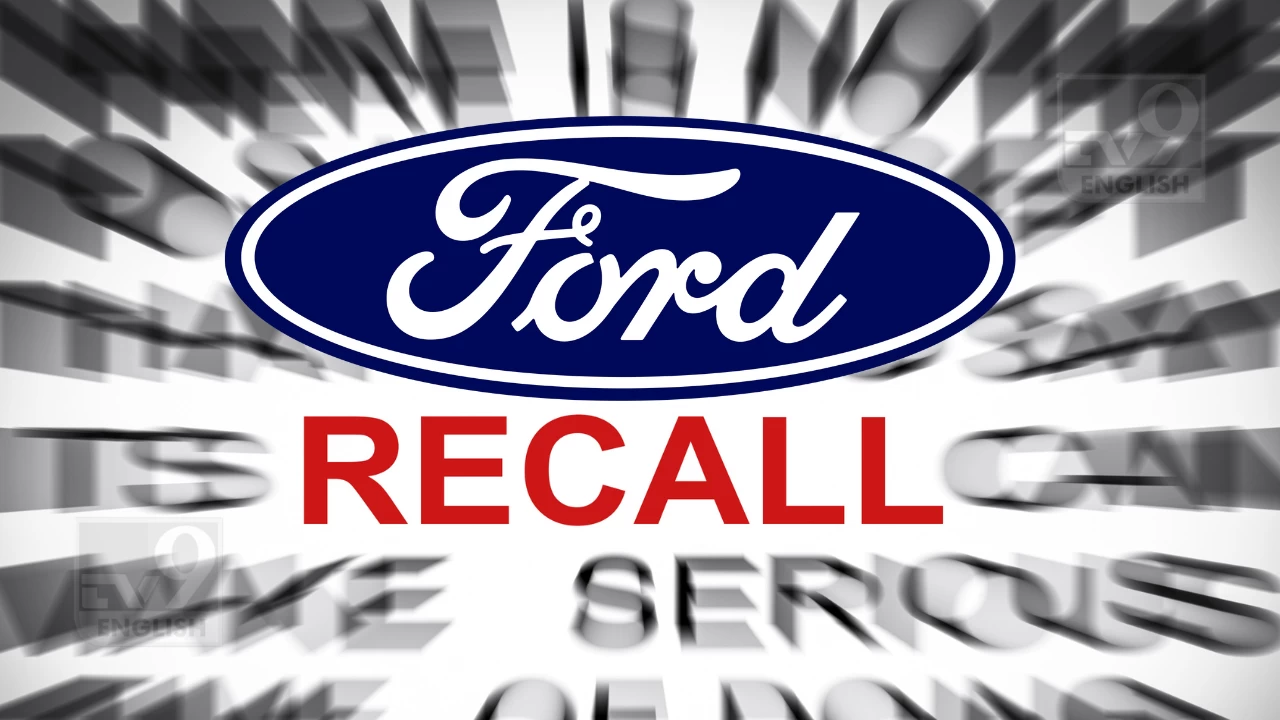

By signing in or creating an account, you agree with Associated Broadcasting Company's Terms & Conditions and Privacy Policy.


By signing in or creating an account, you agree with Associated Broadcasting Company's Terms & Conditions and Privacy Policy.

New Delhi: Ford Motor has issued yet another large-scale recall, this time covering nearly 500,000 vehicles in the United States. The move comes after safety regulators flagged a potential brake fluid leak problem that could increase the risk of crashes.
The National Highway Traffic Safety Administration (NHTSA) confirmed on Thursday that the issue stems from a rear brake hose which may rupture, causing fluid to leak and reducing braking performance. This is one of several recalls Ford has announced in 2025, adding to the scrutiny the company faces over its quality and safety controls.
The recall affects two popular SUV lines:
According to NHTSA documents, around one percent of the recalled vehicles are estimated to actually carry the defect. Affected drivers may notice longer brake pedal travel, reduced stopping ability, and a brake warning light if the master cylinder fluid level drops.
The brake hose rupture could cause longer stopping distances, a major hazard during emergency braking. In simple terms, if you are driving one of these cars and the hose fails, your SUV might take longer to come to a halt. This not only raises the chances of rear-end collisions but also makes highway driving riskier.
Owners have been told that Ford will begin informing customers from early September. However, a complete fix is still being developed and is only expected to be available by April 2026.
This is not the first safety-related callback from Ford this year. Earlier in August, the company pulled back over 355,000 pickup trucks due to instrument panel display failures. In addition, regulators say Ford is also recalling more than 213,000 vehicles for faulty tail lights and nearly 101,000 units over airbag tear risks.
Ford COO Kumar Galhotra recently wrote that the increase in recalls reflects a strategy of aggressively testing parts to failure and expanding its team of safety experts. The company has more than doubled its safety engineering staff in the last two years.
While this recall is US-specific, it highlights how global carmakers are being forced to respond more quickly to safety lapses. The SUVs involved are not part of Ford India’s old portfolio, but the trend highlights the costs and reputational risks associated with recalls. In India, recalls are often less visible, but manufacturers are now required by law to disclose them more transparently.








